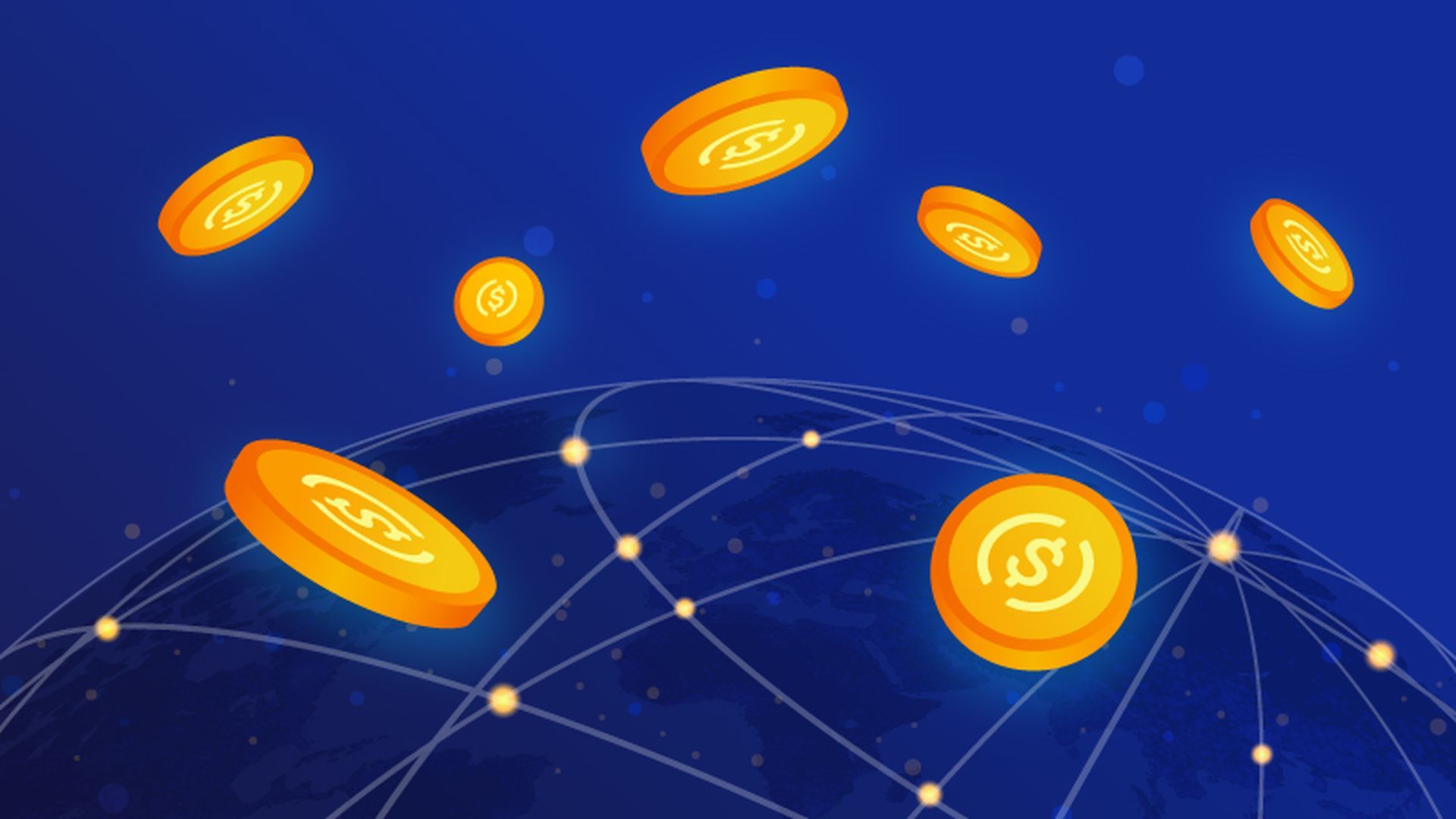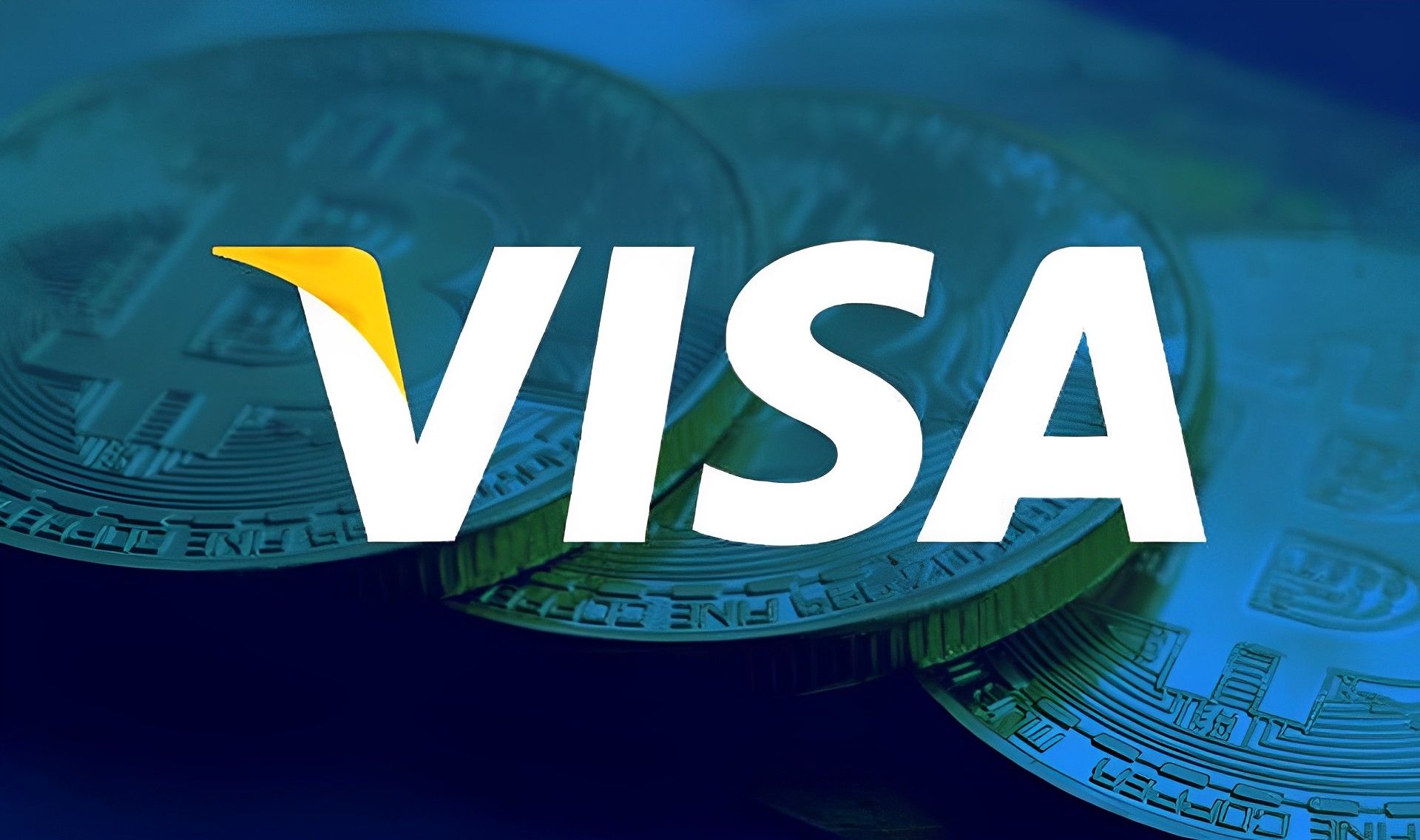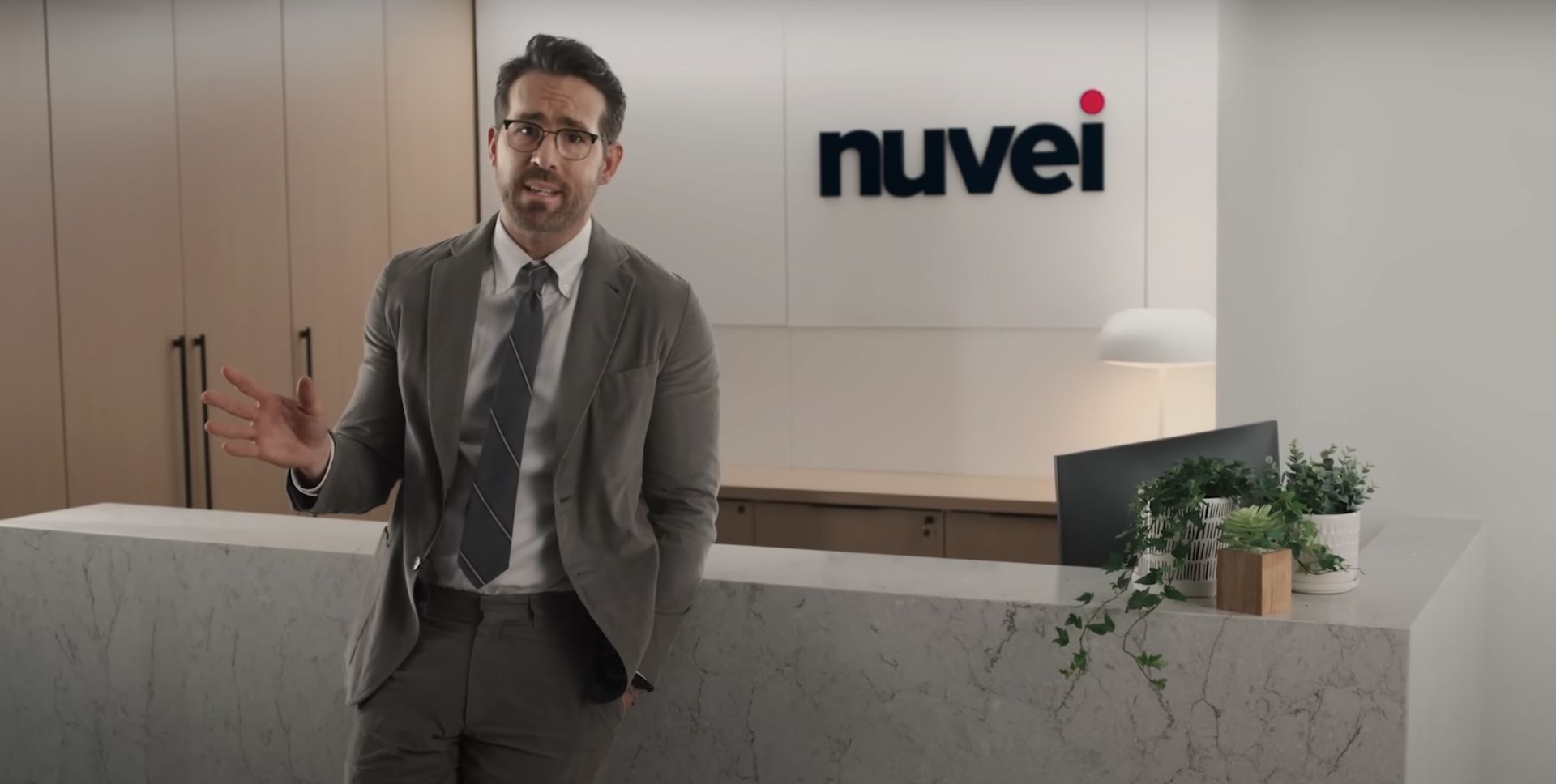As a surprise from the global payments giant, Visa USDC stablecoin settlement capabilities have been extended to Solana, making waves in the cryptocurrency and blockchain space.
This strategic move comes alongside existing capabilities on the Ethereum network and involves partnerships with merchant acquirers Worldpay and Nuvei for pilot programs.

Solana’s inclusion in Visa USDC stablecoin settlement capabilities
The big news is that Visa has already initiated live pilots, facilitating the transfer of millions of USDC (a popular stablecoin) between its partners over both the Solana and Ethereum blockchain networks. The primary objective? To settle fiat-denominated payments authorized over VisaNet swiftly and efficiently.
Cuy Sheffield, Head of Crypto at Visa, highlights the significance of this expansion. He emphasized that Visa’s goal is to accelerate cross-border settlements and offer clients a stablecoin payment option. “By leveraging stablecoins like USDC and global blockchain networks like Solana and Ethereum, we’re helping to improve the speed of cross-border settlement and providing a modern option for our clients to easily send or receive funds from Visa’s treasury,” said Sheffield.

Worldpay and Nuvei, prominent fintech companies serving merchants across various sectors, are set to benefit significantly from Visa’s support. With this collaboration, they aim to provide merchants with the option to receive payments in stablecoins like USDC, adding a new layer of flexibility and efficiency to their payment processing systems.
Notably, Visa’s inclusion of Solana as a supported blockchain for settlements marks a significant milestone in the cryptocurrency world. Visa becomes one of the first major payment companies to embrace Solana, highlighting the growing importance and adoption of this blockchain platform.
Visa’s journey with stablecoins
Visa’s journey into the realm of stablecoins began with a pilot program with Crypto.com in 2021. This pioneering effort explored how USDC could be integrated into Visa’s treasury operations. The successful results led to the usage of USDC and the Ethereum blockchain for cross-border payments via Crypto.com Visa cards in Australia, simplifying a previously complex process.
This expansion also signifies Visa’s support for the Solana blockchain network. Known for its high performance, Solana offers faster and more cost-effective transactions. Visa’s decision to include Solana as a supported blockchain for settlements puts it at the forefront of digital payments innovation.

A forward-looking vision
Visa’s efforts with Worldpay and Nuvei demonstrate a commitment to innovation in the ever-evolving financial landscape. By embracing stablecoins and cutting-edge blockchain technology, Visa aims to make global commerce more accessible and efficient.
Jim Johnson, President of Worldpay Merchant Solutions, noted that Visa’s USDC settlement capability allows them to diversify funding options and increase flexibility for merchants, adapting to the changing needs of the commerce landscape. Philip Fayer, Chair and CEO of Nuvei, echoed this sentiment, emphasizing how stablecoins like USDC can empower online businesses worldwide to accelerate their growth.

In summary, Visa’s move to expand its stablecoin settlement capabilities to Solana, in partnership with Worldpay and Nuvei, underscores the company’s commitment to modernizing cross-border settlements and providing innovative payment options for its clients. This development not only streamlines payment processes but also signals a significant step forward in the integration of blockchain technology into the world of global finance.
Featured image credit: Visa





